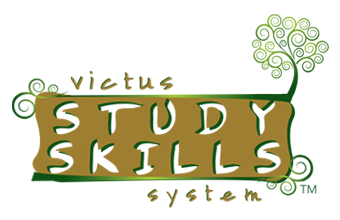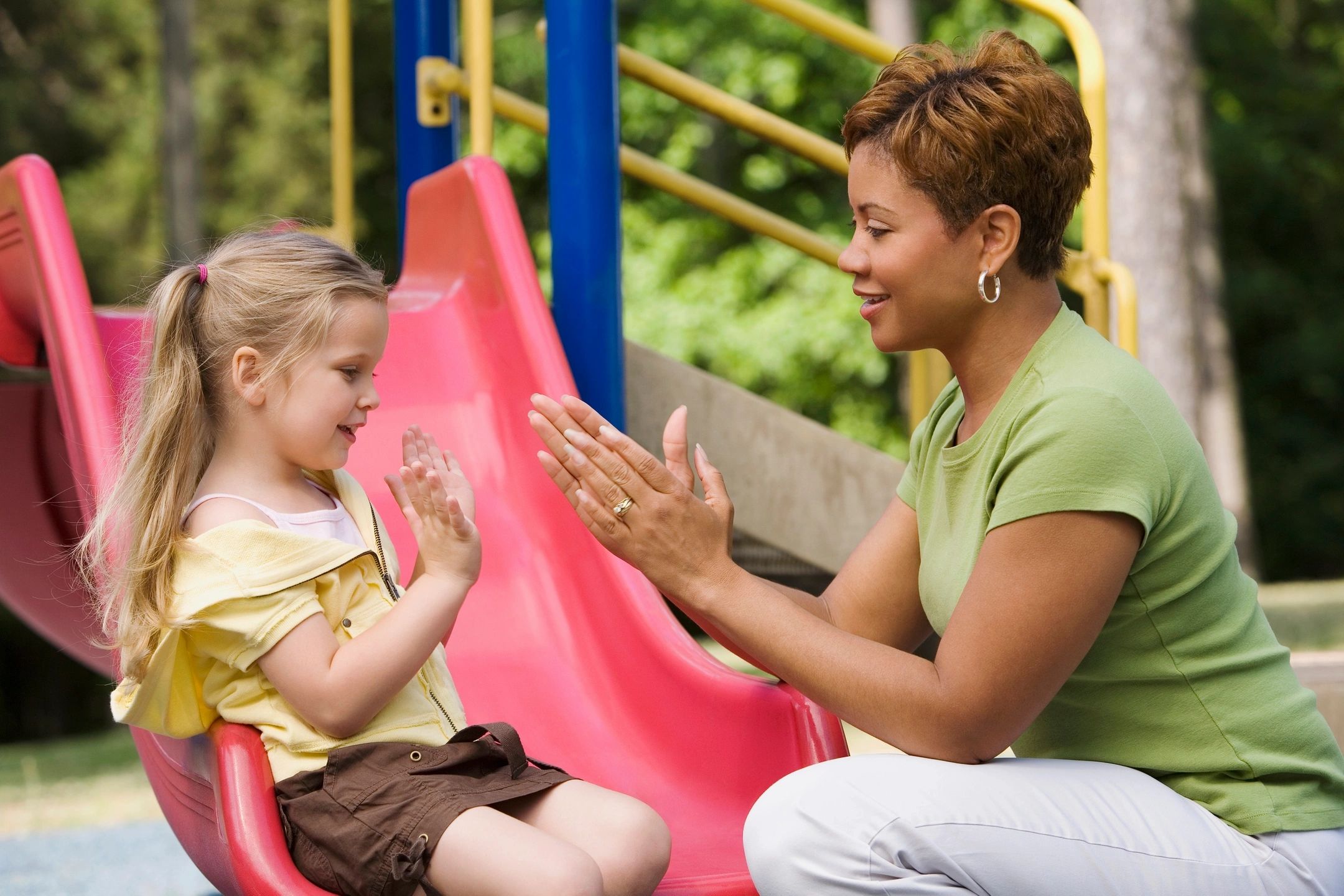A guest post by Victus Instructor Brooke Ballenger
Last month I shared about setting goals and writing SMART objectives to help your family plan a productive summer full of learning opportunities. Teaching your children how to write down their goals, set objectives and write action plans is a life skill that will help them succeed in all areas of their lives.
A SMART objective is specific, measurable, attainable, realistic, and time-bound. Since we have reached the midway point of summer, now is a great time to sit down with your family and review the goals and objectives each member has set. How are they progressing, and how might they measure their success? Taking the time to applaud smaller successes along the way can be a great encouragement for your children—and for yourself!
Each summer I enjoy helping a lifelong friend of mine with her riding camp for girls. Every week there are campers with varying degrees of riding ability. Some are beginners, and some are very experienced with horses. Some campers are learning how to groom and saddle, while others are training young horses to jump for the first time.
Each child comes to camp with a goal in mind. Often they may not have shared their goals with anyone, but if you ask, most of them will say they want to become better riders—or trainers—and they will name specific skills they hope to master at camp. One of our campers, for example, has a goal to train my friend’s pony, Dixie, to pull a carriage. Within this greater goal, her objective during the first three weeks of camp is to train Dixie to walk in the ring and stop on command while wearing a harness. Accomplishing this objective will help her move on to others, and eventually to reach her goal. Her objective is specific and can be measured, it is attainable and realistic, and it is bound by time.
Goals such as these are reached by identifying and mastering component skills. Today, I enjoyed watching the counselors gather the campers together in a circle for their daily “Lesson Pow Wow.” We all had ridden together in the morning, and during the Pow Wow, the counselors asked the girls what they had learned from their morning ride, and what they could improve. They discussed specific feedback they had received and identified specific methods that they could apply to their next lesson.
What does this process teach me? It is important to ask our students to state their goals and objectives out loud. Telling our goals to someone else makes them more tangible. When we receive positive feedback from others about our goals, we are better enabled to accomplish them. When other people know what our goals and objectives are, they can come alongside to encourage us.
This process also teaches me that we should “check in” with our goals and objectives on a regular basis to monitor our progress. We should review the SMART objectives for the goals we have set. At camp, our campers have a format for doing this each day, and it vastly improves their performance. They learn to plan for their upcoming lesson and set incremental objectives that will help them achieve bigger ones. In addition, the campers who take time for detailed planning often see the best results. They identify effective exercises they will perform with their horses to get the desired result. Their objectives are not simply “to ride better.” They break their riding down into smaller pieces and work on specific skills in order to improve the whole picture.
What are some non-academic activities that your child enjoys in the summer? These activities can be used as teaching tools to instill objective-setting principles in a way that is meaningful to your child. Whether we instill the habit of writing down our goals and objectives and making sure they are SMART through academics or extracurricular activities, the aim is to train our children to use a SMART process in all areas of life.
Results come from the process. If we want good results, we must identify the desired outcomes and use a suitable process to achieve them.

